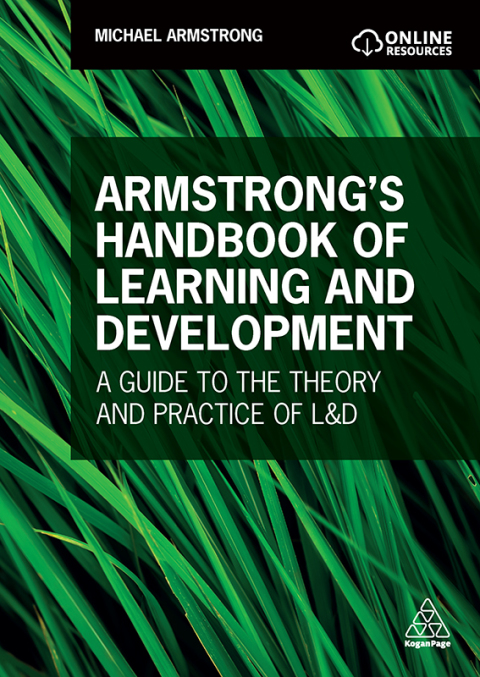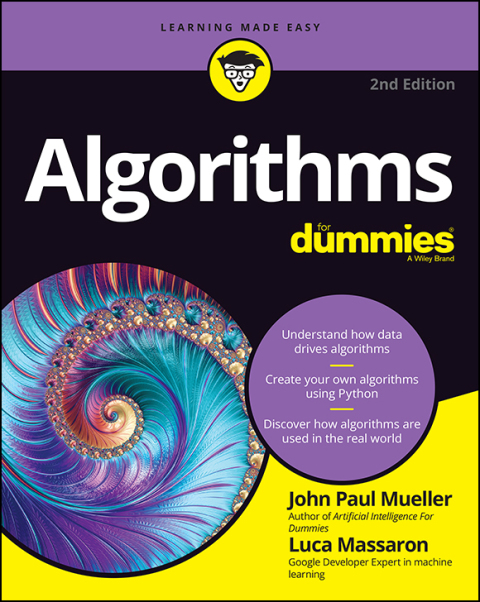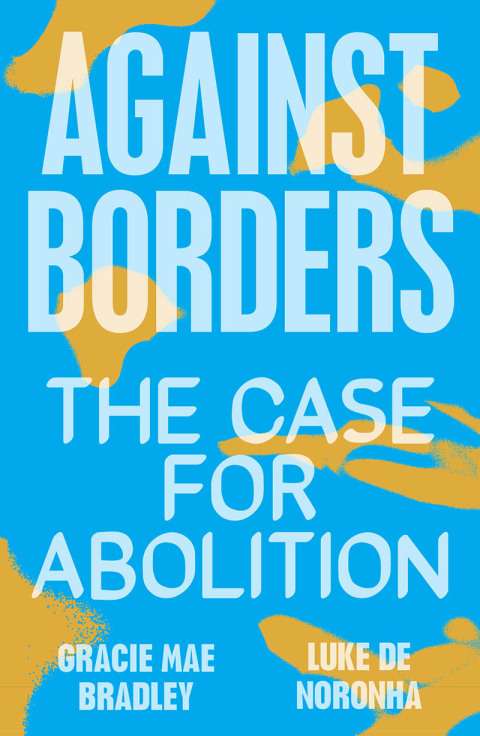Description
Efnisyfirlit
- Cover
- Half Title
- Title Page
- Copyright Page
- Contents
- List of Illustrations
- Foreword
- Introduction
- Book outline
- Part I: Funding journalism in the digital era
- Proposal 1: ‘Web Giants’
- Proposal 2: Other types of funding
- Part II: Journalists’ working conditions
- Proposal 3: Employment conditions
- Proposal 4: ‘Media Ombudsman’
- Part III: Journalism education
- Proposal 5: Technology and education
- Proposal 6: Academia and professionals
- Proposal 7: Media literacy
- Conclusion
- References
- Part I Funding Journalism in the Digital Era
- Proposal 1 ‘Web Giants’:
- 1 Internet Giants’ Dominance and the Perils of Heteronomy for Digital Journalism
- Introduction
- Advertising dependence of the internet
- Consequences on journalistic practices
- Ownership of the means of distribution of news
- Social media: Essential but ambiguous tools for journalists
- Conclusion
- References
- 2 Taxing the Internet Oligopoly and Helping Independent Media Survive: A Summary of Recent International Developments and Proposals
- Introduction
- Taxing times
- The European Copyright Directive
- Tax initiatives
- Plans to save journalism
- Conclusion
- Notes
- References
- Proposal 2 Other Types of Funding
- 3 Crowdfunding, Crowdsourcing and Crowdcreation in Greek and Cypriot Media Websites
- Introduction
- Crowdfunding, crowdsourcing and crowdcreation
- The case of Greece and Cyprus
- The study
- Similarities and differences of the websites
- Crowdfunding as a vital tool for journalism’s viability
- References
- 4 Funding Journalism: Toward New Revenue Streams and Diversity of Business Models
- Introduction
- Key considerations and terminology
- Community engagement
- Types of funding and revenue streams
- Membership
- Subscriptions
- Donations
- Products
- Grant funding
- Commercial collaborations
- Crowdfunding
- Recommendations
- References
- PART II Journalists’ Working Conditions
- Proposal 3 Employment Conditions
- 5 Clicks über alles: Digital Labour and Greek Digital Media
- Introduction
- Media labour in Greece
- Purposeful sampling and thematic analysis
- ‘Under the counter’ wages, copy-paste and the need for speed
- Working conditions
- Type of produced content
- Qualification requirements and tools
- The main skill: The need for speed
- Worrisome implications
- References
- 6 Between a Rock and a Hard Place:Continued Struggle of Media and Journalism in Bulgaria’s Media System
- Introduction and background
- Corruption and media
- Violence and self-censorship
- Ownership and income
- Conclusion
- References
- Proposal 4 ‘Media Ombudsman’
- 7 The Media Ombudsman Institution
- Introduction
- Ethics and enforcement
- The subject matter: A media ombudsman
- Accountability mechanism
- Scope
- Stakeholders involved
- Public and private media
- The selection process
- Administrative status
- Management interlocutor
- Resources needed
- Independence
- Extroversion
- Confidentiality
- Tasks
- Advising role
- Mediation mission
- Compliance monitoring
- Conclusion
- Notes
- Further Reading
- References
- PART III Journalism Education
- Proposal 5 Technology and Education
- 8 Why Do We Need Trained Journalists? The Need for an Improved Training for Media Professionals Today and the Responsibility of Media Companies
- Introduction
- The need for ongoing journalism training
- The changing role of education: Journalism in the digital era and the need for new (old) skills
- Why the improved training of every professional in the media is a necessity today and the role of media companies
- Conclusion
- References
- 9 Social Media: Further Anxieties for Media and Journalists?
- Introduction
- Focus: Twitter as a journalistic tool
- Twitter through the prism of opportunities and challenges
- Opportunities
- Challenges
- Adaption: A long process
- Pressures, anxiety, solutions
- Notes
- References
- Proposal 6 Academia and Professionals
- 10 Bridging the Gap between Journalists and Media Academics
- Introduction
- The gap exists for everyone
- Bourdieu and a famous conflict
- The ‘inside’ context
- The social context
- The urgency of a bridge
- References
- 11 Opportunities and Challenges for Academic Engagement in the Multi-Stakeholder Agenda to Safeguard Journalists
- Introduction
- Understanding the academic contribution to the agenda to safeguard journalism: Current challenges
- Possibilities for the collaborative co-production of knowledge through platforms of exchange between academic and non-academic actors
- Opportunities for academic contributions to the multi-stakeholder agenda to safeguard journalism: A proposal
- Notes
- References
- Proposal 7 Media Literacy
- 12 Accessing, Evaluating and Engaging with News: The Value of a User-Centric Approach for Rethinking Media Literacy
- Introduction
- Evaluating news and discerning misinformation
- Engaging with news and managing privacy
- Accessing news and personalizing news environments
- Conclusion
- Acknowledgements
- Note
- References
- 13 Media Literacy Meets the Twenty-First-Century Challenges
- Introduction
- What is media literacy?
- Five key questions and competences
- Media Literacy Initiatives
- Good practices of media literacy
- European School Radio: Fighting hate speech (Greece)
- Analysing the media critically (Greece)
- Media Education Month (Cyprus)
- CAT – Cyprus Artefact Treasure in Action
- Conclusion
- Notes
- References
- In Lieu of a Conclusion ‘Media, Polis, Agora’, a Challenging Exploration Mission
- Notes
- Notes on Contributors





